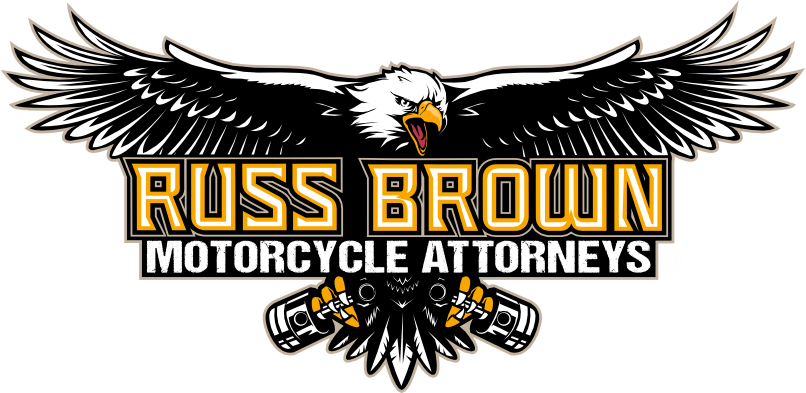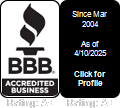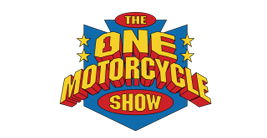What Are Punitive Damages?
By Chuck Koro, Russ Brown Motorcycle Attorneys
Accident victims struggling with legal terms new to them often ask us, “What are punitive damages?” A bad accident can put you into a bad mood, especially when the other driver does something outrageous and irresponsible. A common reaction is not only to want reimbursement for the injuries and damages sustained, but also to want revenge, that is, to punish the other driver for his reckless behavior. Punitive damages are meant to do just that: punish the defendant for causing injury to the plaintiff. But, in most all vehicle accidents, a claim for punitive damages is not permitted.
What You Need to Know About Punitive Damages After A Motorcycle Accident
While the conduct required to allege punitive damages may vary somewhat from state to state, it always requires intentional conduct or oppressive, despicable conduct in conscious disregard of the rights of others. In California, pursuant to Civil Code section 3294, the plaintiff must prove by clear and convincing evidence (a higher standard than the preponderance of evidence standard required to prove negligence) that the defendant was “guilty of oppression, fraud or malice.” The statute goes on to define those terms in detail. This is an extremely high threshold and rarely will punitive damages be permitted in a motor vehicle accident absent extreme circumstances.
In certain situations, one would think a driver should in fact be punished with punitive damages because of outright stupid behavior, but in most cases it won’t work. In California, a plaintiff can assert a punitive damages claim against a drunk driver. This is an exception to the rule and is based on the reasoning that if a party drinks to the point of intoxication knowing he has to drive, such conduct is considered wanton and willful in conscious and deliberate disregard for the rights of others. Taylor v. Sup. Ct. (1979) 24 Cal. 3d 890. Clearly, drunk driving has an all- too- long history of injuring and killing uncountable innocent people.
Compensatory vs. Punitive Damages
A claim for punitive damages would be applicable to conduct which is intended by the defendant to do harm (i.e. road rage). The best example we have seen lately is an accident involving a motorcyclist who was splitting lanes (which is legal in California). As he came up on the right side of the other driver’s vehicle, the other driver veered right and crashed into him. A witness, who had been directly behind the offending driver for several miles, stated that he and his wife were watching the driver move to the right every time a motorcyclist tried to pass, as if intentionally blocking the rider’s path. They were shocked at his behavior.
After the motorcyclist was hit, the witness walked over to the other vehicle and confronted the driver and his passenger. He told the other driver that he had been watching him for a while and it was apparent that he was trying to hit the motorcyclists as they came by. The passenger said, “Yeah, you’re right.” Due to substantial evidence that the defendant’s conduct was intended to do harm, punitive damages were alleged in this lawsuit.
Even if the offending driver’s conduct rises to the level where a claim for punitive damages is permitted, there are other issues to consider. Generally, insurance companies do not cover punitive damages, meaning that if you were able to obtain such an award, you would have to try to collect it directly from the offending driver. By the time you get to trial, you can pretty much be guaranteed that if the offending driver had assets at the time of the accident, they won’t be reachable by the time you get the verdict. While hiding assets may be illegal, somebody who intentionally injures another motorist is likely not to care much about the legality of his actions in that regard, so collecting the award may be difficult. (Last time we checked the law on cell phone use relative to punitive damages is still evolving.)
Punitive Damages for Gross Negligence
The other important aspect to remember about making a punitive damages claim is that insurance policies not only exclude coverage for punitive damages but they also generally exclude coverage for damages as a result of the insured’s intentional conduct. Therefore, if you were to allege intentional conduct only in the complaint, the defendant’s insurance company may not have to pay any award at all, punitive damages or otherwise. To avoid this occurrence, you should allege negligence as well as intentional conduct so that if you only prevail on the negligence claim, the insurance company will pay the damages up to the policy limits. A driver is negligent when he or she behaves in a thoughtless or careless manner and causes injury to another person. This can get somewhat technical and may vary from state to state, but any qualified lawyer who practices in this field can guide you accordingly.
In short, punitive damages can rarely be asserted in vehicle accident cases irrespective of how irresponsible the other driver’s behavior was. And even if the court allows you to allege them and you prevail, you are likely to have a difficult time collecting a punitive damages award unless it is assessed against a large company or a party with significant assets. However, the kicker is that if a jury hears how egregious the offending driver’s conduct was, it is likely to be outraged to the point where it will award higher damages for the pain and suffering portion of the negligence cause of action than it normally would have. In other words, the jury is likely to find a way to increase the victim’s compensation even if punitive damages aren’t allowed.
Russ Brown Motorcycle Attorneys is a motorcycle accident law firm known and respected across the United States for our expertise in motorcycle law, above and beyond what the average personal injury attorney can boast. We have helped our clients secure hundreds of millions of dollars in compensatory and punitive damages to cover medical bills, pain and suffering, and other damages. Find out how we can assist you by getting a free consultation regarding your motorcycle accident today.
Russ Brown Motorcycle Attorneys — russbrown.com; 1-800-4-BIKERS









